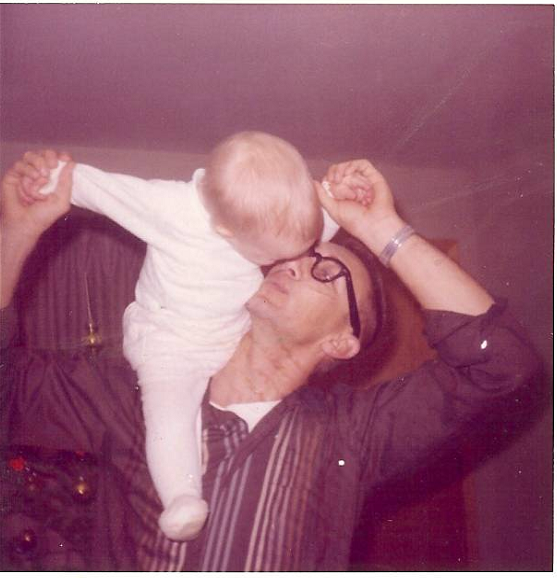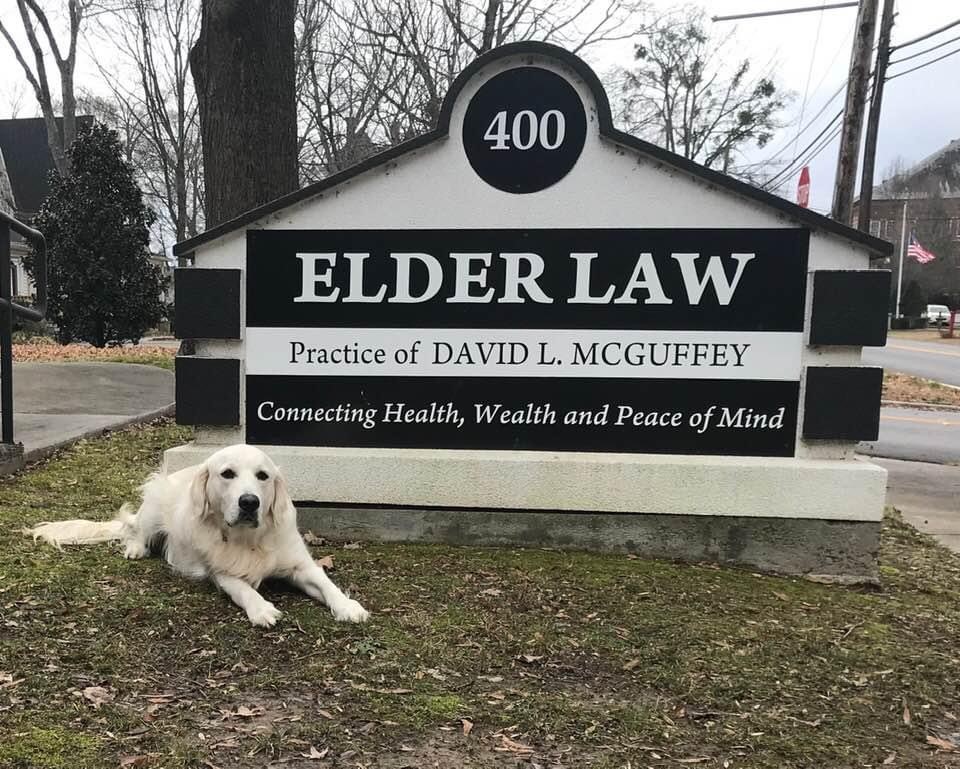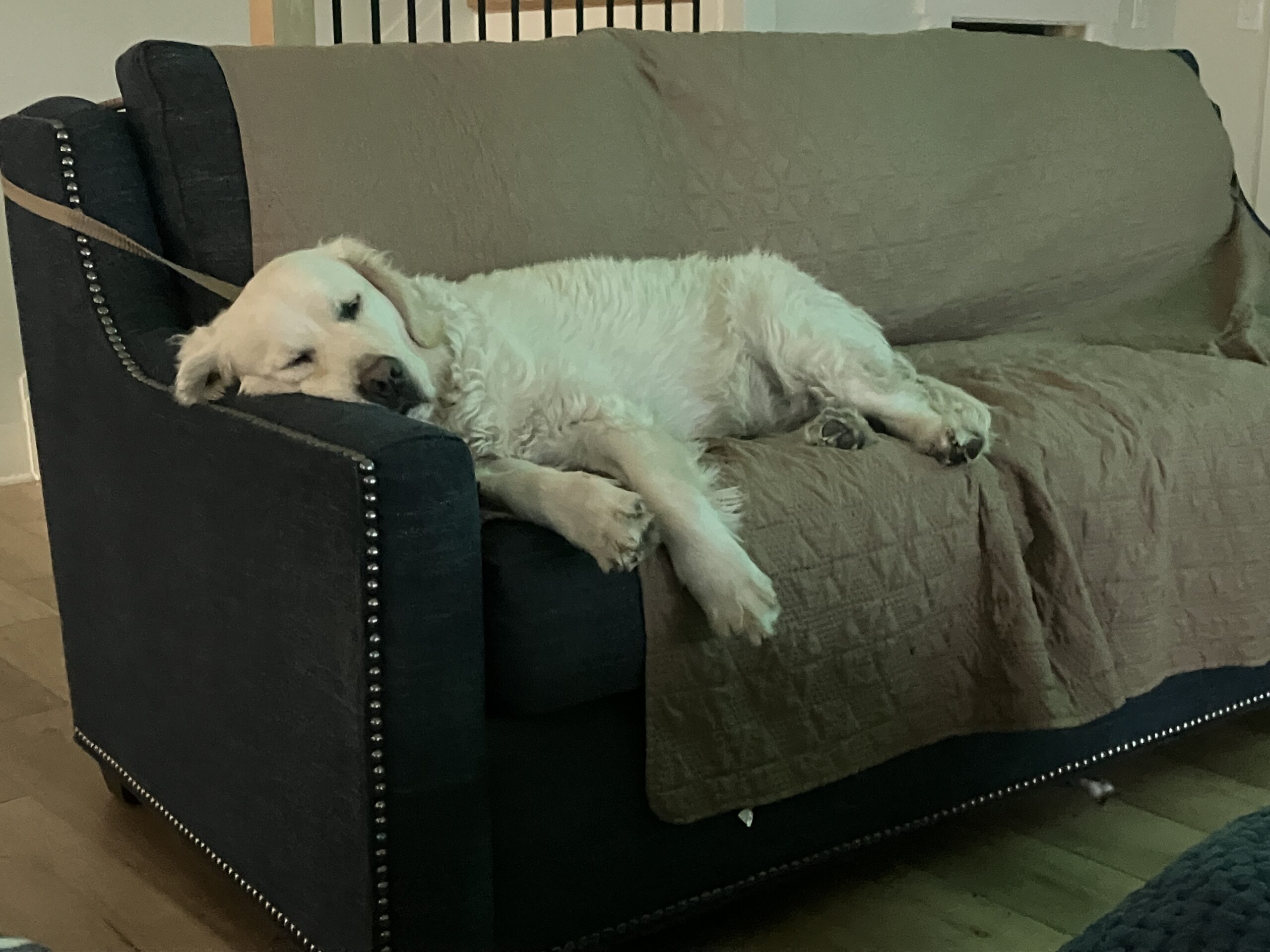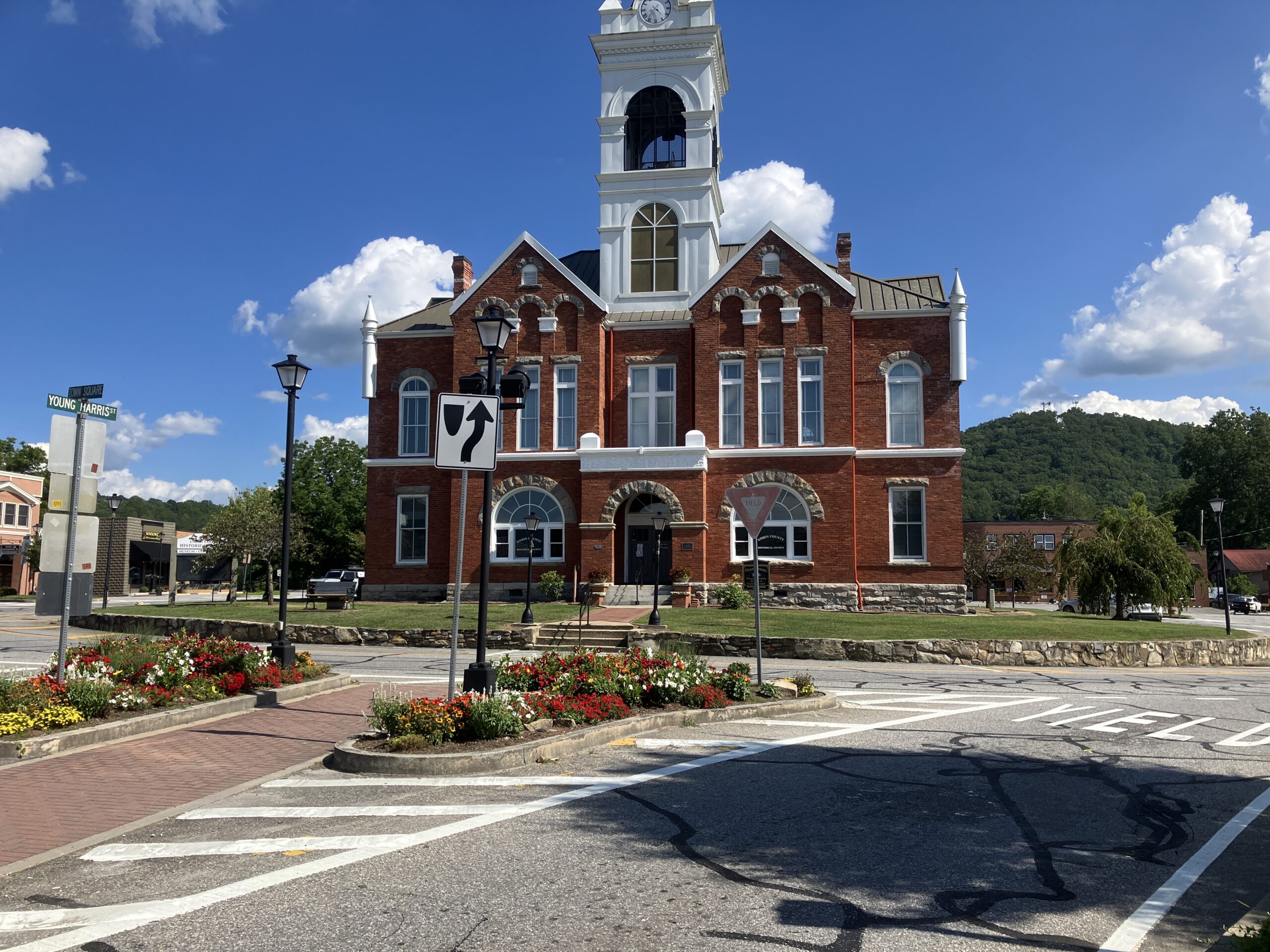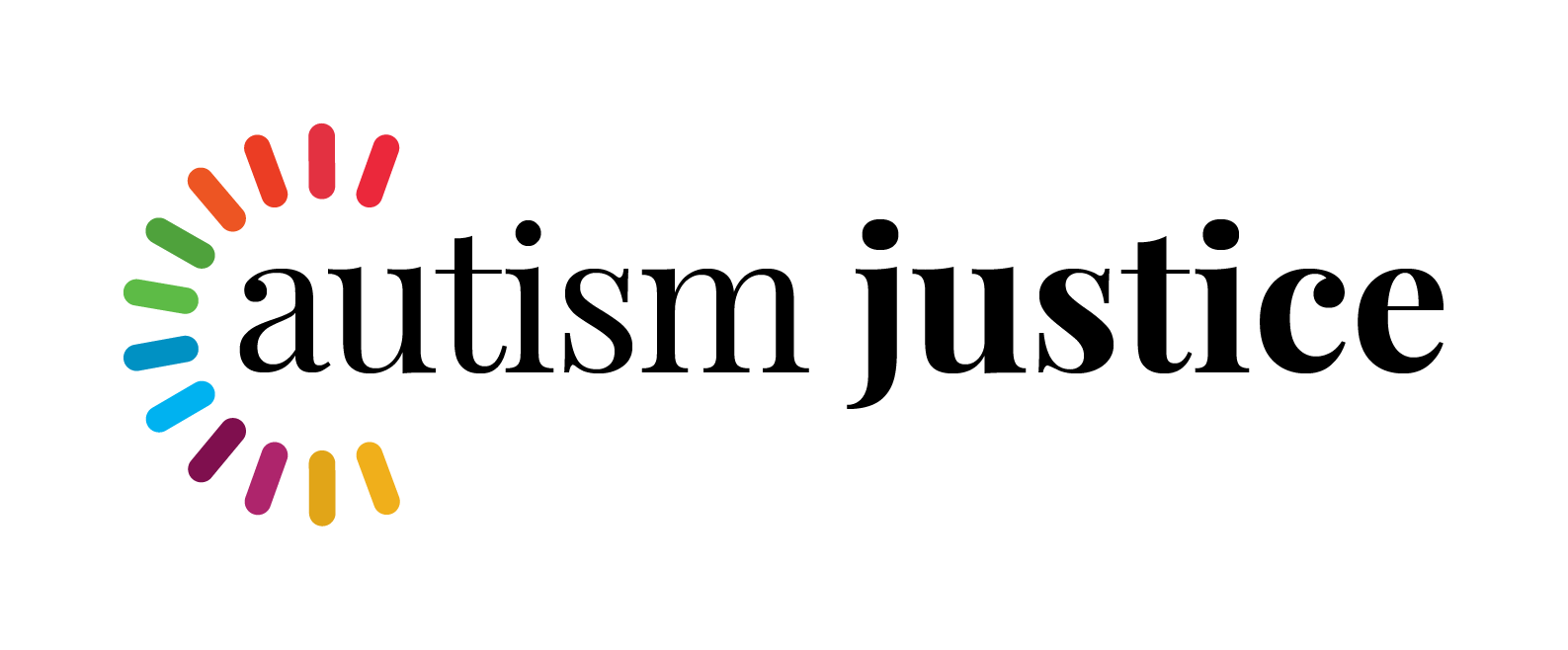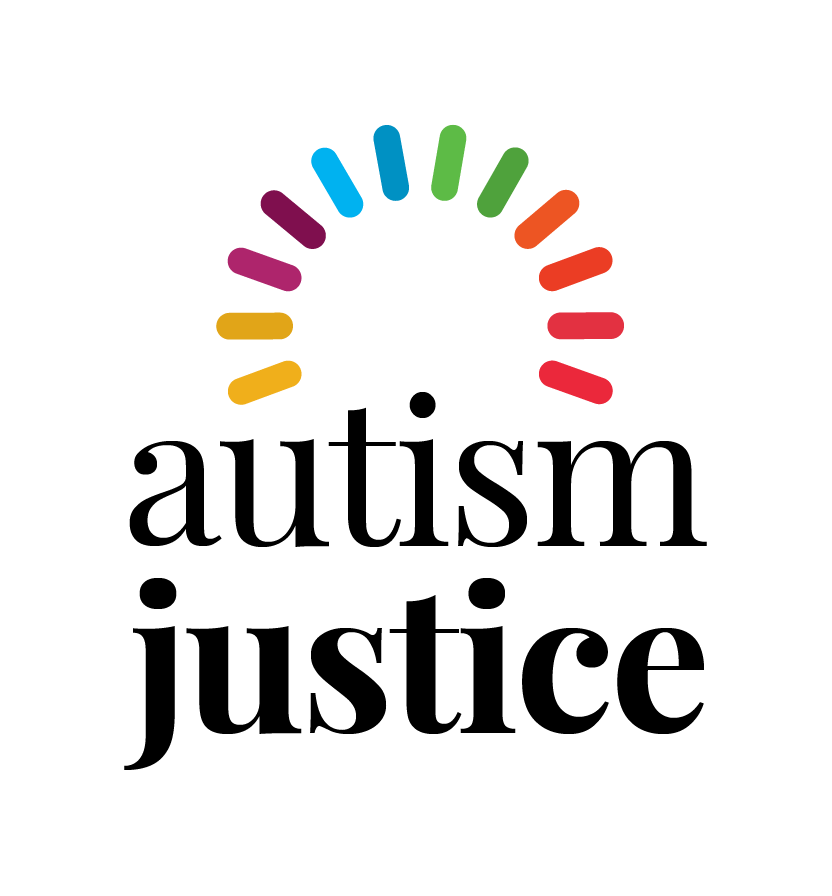On May 8, 2016, the Seattle Times reported that nursing home evictions are up, presumably to get rid of difficult patients. Matt Sedensky, in Nursing homes turn to evictions to drop difficult residents, available at http://www.seattletimes.com/nation-world/nursing-homes-turn-to-eviction-to-drop-difficult-patients-2/, reported that nursing home seek to increase profits by discharging residents who require labor intensive care, thus eliminating expenses and increasing profits. Citing an Associated Press report, Sedensky reports discharges and evictions are up 57 percent since 2000. “‘When they get tired of caring for the resident, they kick the resident out,’ said Richard Mollot of the Long Term Care Community Coalition, a New York advocacy group.” The article goes on to cite other stakeholders, those representing nursing home residents and the nursing home industry.
Federal and state regulations provide that a nursing home resident may not discharge a resident unless (i) The transfer or discharge is necessary for the resident’s welfare and the resident’s needs cannot be met in the facility; (ii) The transfer or discharge is appropriate because the resident’s health has improved sufficiently so the resident no longer needs the services provided by the facility; (iii) The safety of individuals in the facility is endangered; (iv) The health of individuals in the facility would otherwise be endangered; (v) The resident has failed, after reasonable and appropriate notice, to pay for (or to have paid under Medicare or Medicaid) a stay at the facility. For a resident who becomes eligible for Medicaid after admission to a facility, the facility may charge a resident only allowable charges under Medicaid; or (vi) The facility ceases to operate. A discharge for any other reason is illegal. See 42 C.F.R. § 483.12(b).
If you have questions about a nursing home discharge, call your Long Term Care Ombudsman. The toll-free number in Georgia is 866-552-4464.

